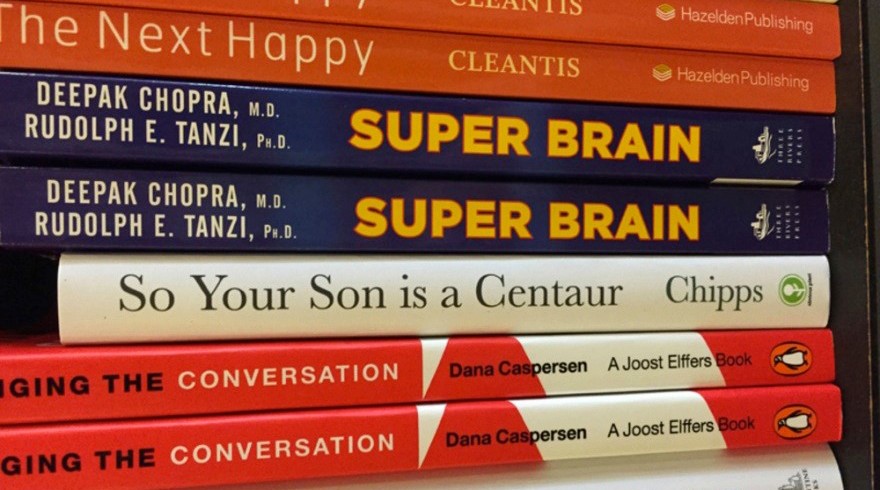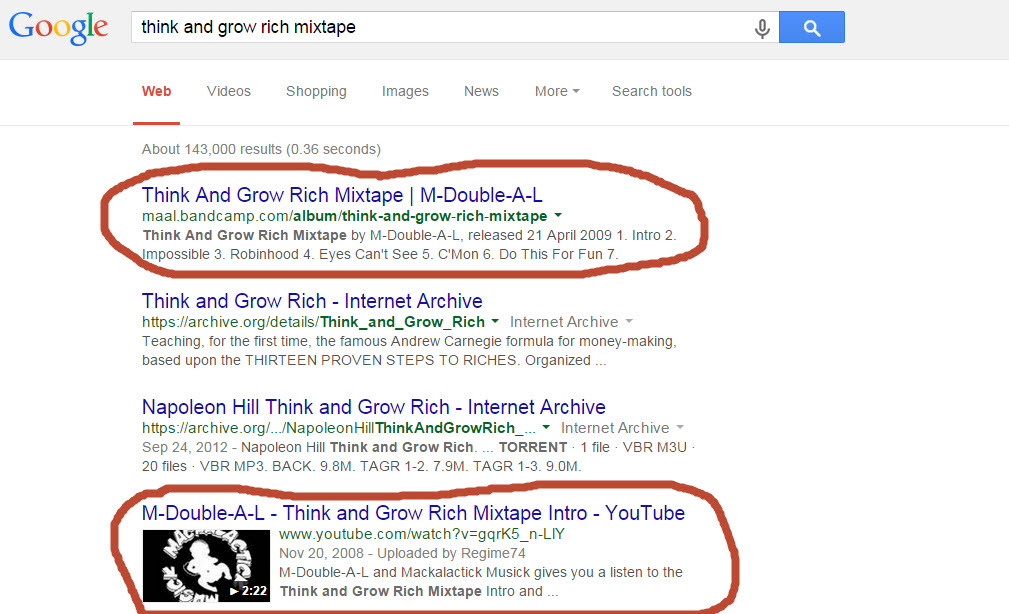A few days ago, I was talking to my dad on the phone and mentioned a TED Radio Hour podcast on “Success” I had listened to earlier. I should probably mention that my dad is pretty old school, but practical to a point where he’s open to new ideas. That said, when we sorted through some of the views in the pod, he was confused by Mike Rowe’s (Dirty Jobs) position that people shouldn’t follow their passions en route to success. “That sounds like something we were told when I was growing up,” my dad said, “back when every kid was taught to be a doctor or a lawyer.” We agreed that Tony Robbins’ bit was much more in tune with the young and confused.
“Find your passion! Rip through it!”
“Don’t settle. If you settle, you’re going to have a life that you’re apologetic to yourself about if to no one else.”
Tony Robbins is a Forbes rated self-help coach who specializes in personal growth, healthy relationships, financial freedom, and pretty much anything else that evokes breezy beach imagery. If you haven’t read one of his best-selling books or heard any of his motivational speeches, you’ve probably read or heard about some that are inspired by them (e.g. Napoleon Hill’s Think and Grow Rich or Robert Kiyosaki’s Rich Dad Poor Dad series). I’m normally not the first to suggest these types of books, but coming from someone who occasionally listens to TED Radio Hour podcasts, I can say there’s plenty good to be taken away from them—plenty more than those ready-made, “5 Steps to a Better Life” articles that fertilize Facebook timelines and cause many people to file away anything that resembles “self-help” as probably a gimmick.
Take it or leave it, but it does makes sense why we’re seeing more and more of this content. Unlike in my dad’s day, people generally think about their lives more in the information age, constantly questioning where it’s going and worrying if what we do for money matches who we are as people. Before there were billion-dollar tech playboys, people just worked. There were no lifehacks on how to become your own boss. Now we’re all taking samples.
But how do you teach people like this to practice self-innovation without also breeding a bunch of narcissists? For as much as people have grown to question their own worlds—which is a good thing—I’d argue we’re generally more selfish, as well. Speakers like Tony Robbins do bring up the importance of other people in shaping a fulfilling life, but the person listening to their speeches or reading their books probably isn’t looking to make the world a better place. (There’s other content for that.) It’s about me, or to evoke a little Kendrick, “i.”
I doubt you’ll hear too many people refer to that song as narcissistic, though. It’s usually the trap rappers who take the heat for being entirely too self-absorbed and, as a result, destroying the fabric of hip-hop. Not to compare Kendrick’s music (or any conscious rap) to trap, but inasmuch as To Pimp a Butterfly paints a picture of race in modern America, it also follows a celebrity navigating through his fame, trying to stay true to who he is. In the next room, there’s artists like Future, constantly celebrating who they are, with a new Bugatti here and a pair of Margiela’s there—lyrically, anyway. Trap music and its usual talking points—money (paper), cars (foreign cars), girls (bad bitches), drugs (having pounds of gas you haven’t smoked yet)—could be viewed as the proverbial victory lap for Rich Dad as he stunts on Poor Dad. Also, there’s no coincidence that this exists:
Life is hard, man, and sometimes the best help you can give yourself is to engage in something of little to no substance—such as turning on that playlist that makes you feel like you slang substances. Sometimes you might even take some of those substances with friends just to escape a bit. Whichever the case, there’s never been a more fitting time for music that’s purposely self-involved. It’s not something entirely new to hip-hop, just like many of the best self-help gurus have been around long before podcasts, but I guess there’s just more people looking to be self-made these days.

